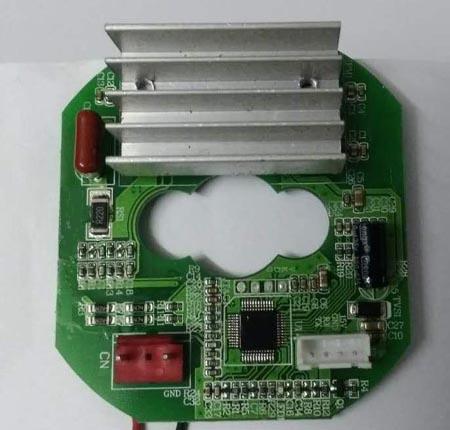Main causes of solder joint failure in PCBA processing
Main causes of PCBA processing solder joint failure:
1. Poor component pins: plating, pollution, oxidation, coplanar;
2. Poor PCB pad: coating, pollution, oxidation and warpage;
3. Solder quality defects: composition, impurities exceeding the standard and oxidation;
4. Flux quality defects: low weldability, high corrosion and low sir;
5. Defects in process parameter control: design, control and equipment;
6. Defects of other auxiliary materials: adhesives and cleaning agents.
Reliability improvement method of PCBA solder joint:
The reliability experiment of PCBA solder joint includes reliability experiment and analysis. On the one hand, its purpose is to evaluate and identify the reliability level of PCBA integrated circuit devices and provide parameters for the reliability design of the whole machine; On the other hand, it is necessary to improve the reliability of solder joints during PCBA processing. This requires the necessary analysis of the failed products, find out the failure mode and analyze the failure cause. The purpose is to correct and improve the design process, structural parameters, welding process and improve the yield of PCBA processing. The failure mode of PCBA solder joint is very important for the prediction of cycle life and is the basis of establishing its mathematical model






